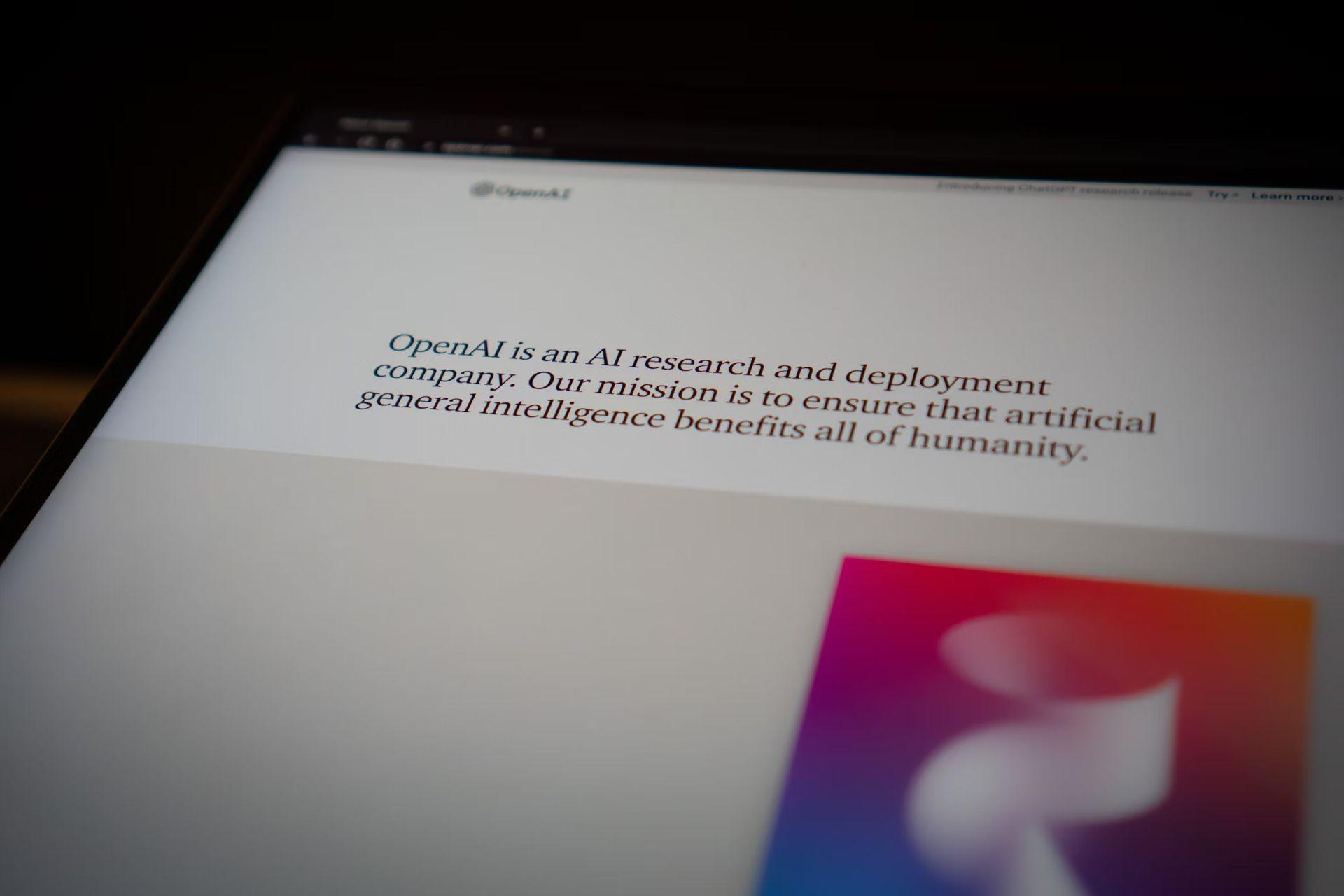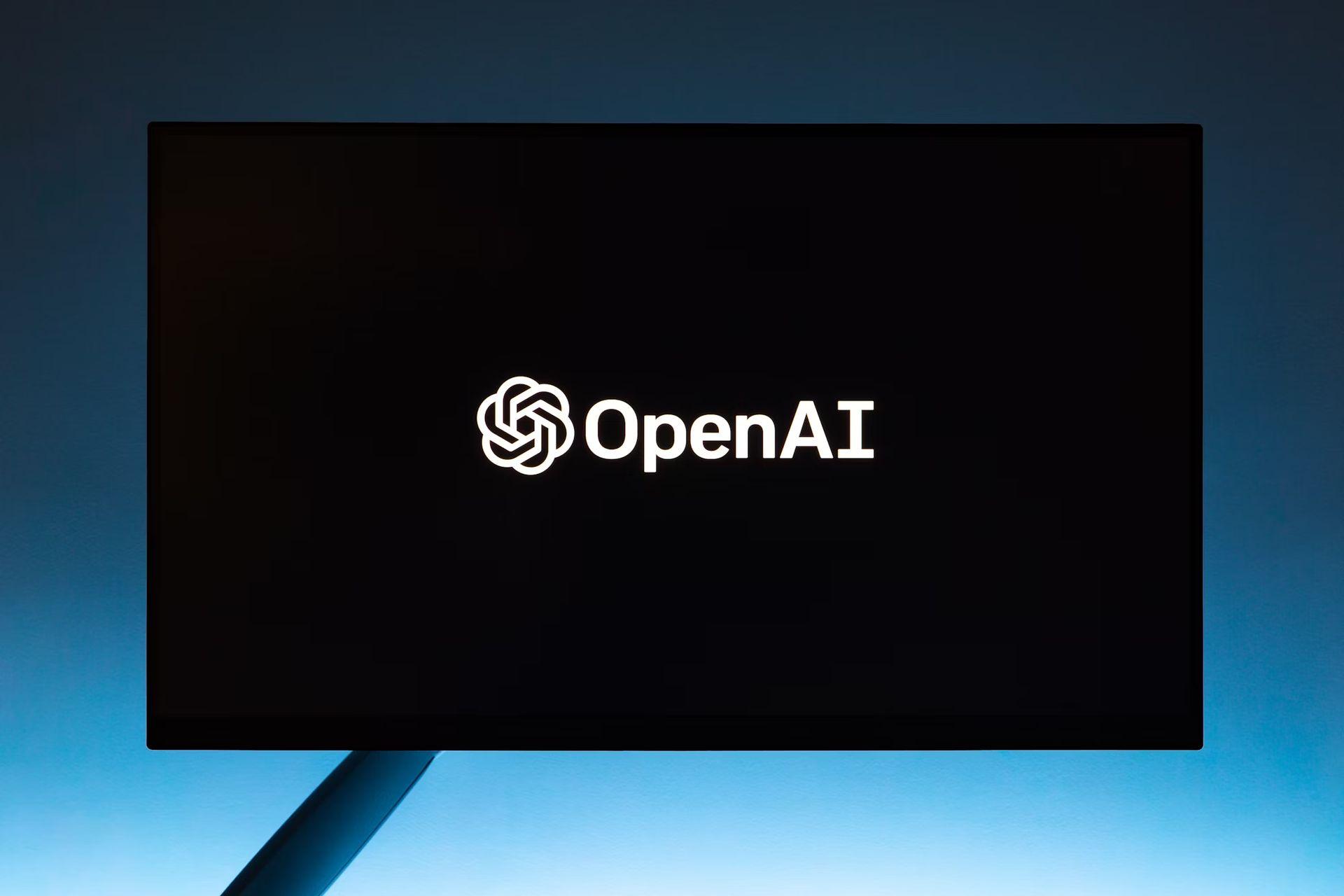According to The Wall Street Journal, OpenAI has recently secured $6.6 billion with a new funding round which significantly increased the company’s valuation to $157 billion. This sharp increase nearly doubles its previous valuation of $86 billion. The deal, however, includes a provision allowing investors to retract funds if OpenAI doesn’t finalize its transition to a fully for-profit entity, moving away from its nonprofit roots.
Key investors backing OpenAI’s growth
Thrive Capital led the investment with $1.25 billion, while Microsoft, a long-time supporter of OpenAI, added just under $1 billion. Other major participants included SoftBank, which contributed a $500 million stake, and Nvidia, which contributed $100 million. The UAE-based firm MGX also joined in, furthering its involvement in the AI world after partnering with Microsoft in an infrastructure initiative last month.
Apple, which had explored investing but ultimately opted out, was absent from the list of investors. The minimum investment required to access OpenAI’s financial records was $250 million, as reported by The Wall Street Journal. OpenAI’s first CFO, Sarah Friar, was pivotal in orchestrating this funding round since joining the company in June.

OpenAI’s valuation now rivals major public companies like Goldman Sachs and Uber. The company faces stiff competition from the likes of Anthropic, Meta, and Google, all racing to develop advanced AI systems. Nevertheless, OpenAI has maintained significant momentum, with ChatGPT amassing around 250 million weekly active users, according to The Wall Street Journal’s sources, and securing 11 million paying subscribers. Furthermore, nearly 1 million businesses now use OpenAI’s services.
Internal struggles emerge as OpenAI transitions to a for-profit model
The company’s rapid growth has fueled internal shifts, moving from research-driven goals toward a more commercial focus. The rise of ChatGPT is generating consumer and enterprise revenue. But this evolution has also raised internal conflicts: leadership changes, and doubts on whether the company is devolving from its mission of making AI available for the benefit of the public good.
The last two years have seen OpenAI shift from being primarily a research company to a highly enthusiastic business organization, especially with ChatGPT. The move towards consumer technology and enterprise services has led to internal friction, particularly surrounding the company’s evolving mission.

Last year, OpenAI faced a significant leadership crisis with its CEO’s firing and subsequent rehiring, as well as discontent from former employees who felt the company’s increasing focus on profitability compromised its original aim of advancing AI for the public good.
Who is Durk Kingma, Anthropic’s latest transfer from OpenAI?
The company’s shift to becoming fully for-profit is a response to market demand and a crucial move in securing additional investment. There is actually a lot more people willing to fund OpenAI to get to AGI, making the shift to a for profit model now pretty much crucial for the organization.
This shift is indeed understood against the background of the need to maximize the value of the AI market which is expected to expand exponentially while at the same time sparking controversies around the entrepreneurially sustainable way of innovating that embraces both the benefits of algorithmic governance and the responsibility in handling the consequences that come with it.
Featured image credit: Kerem Gülen/Midjourney






